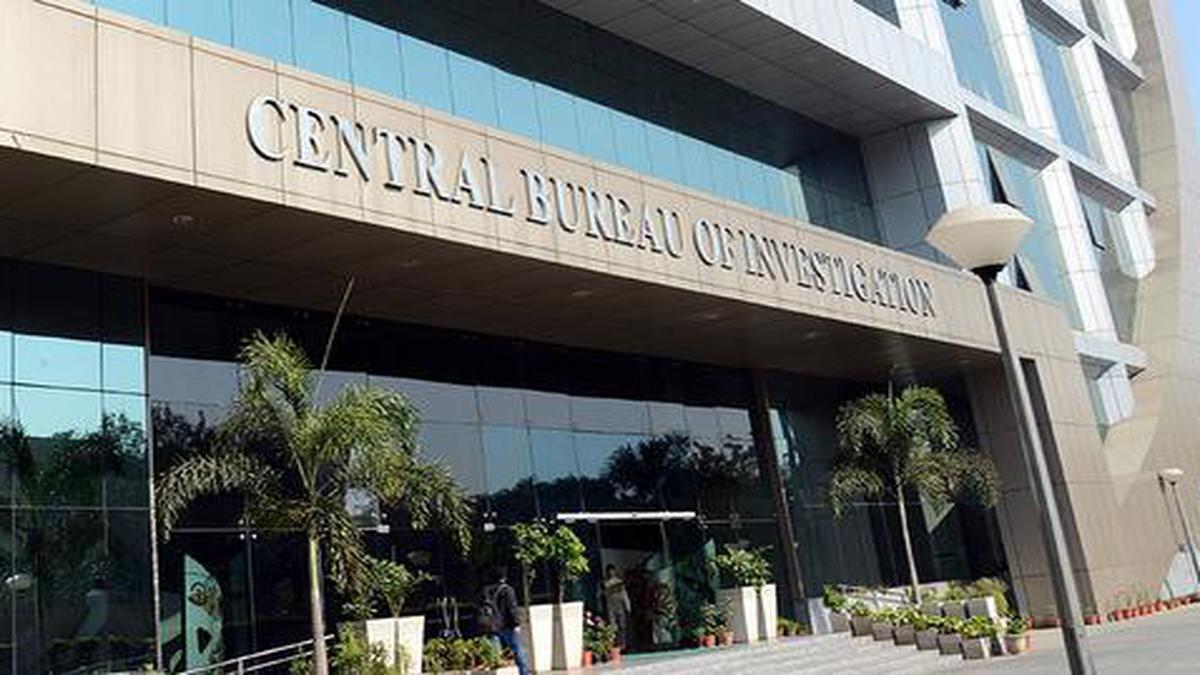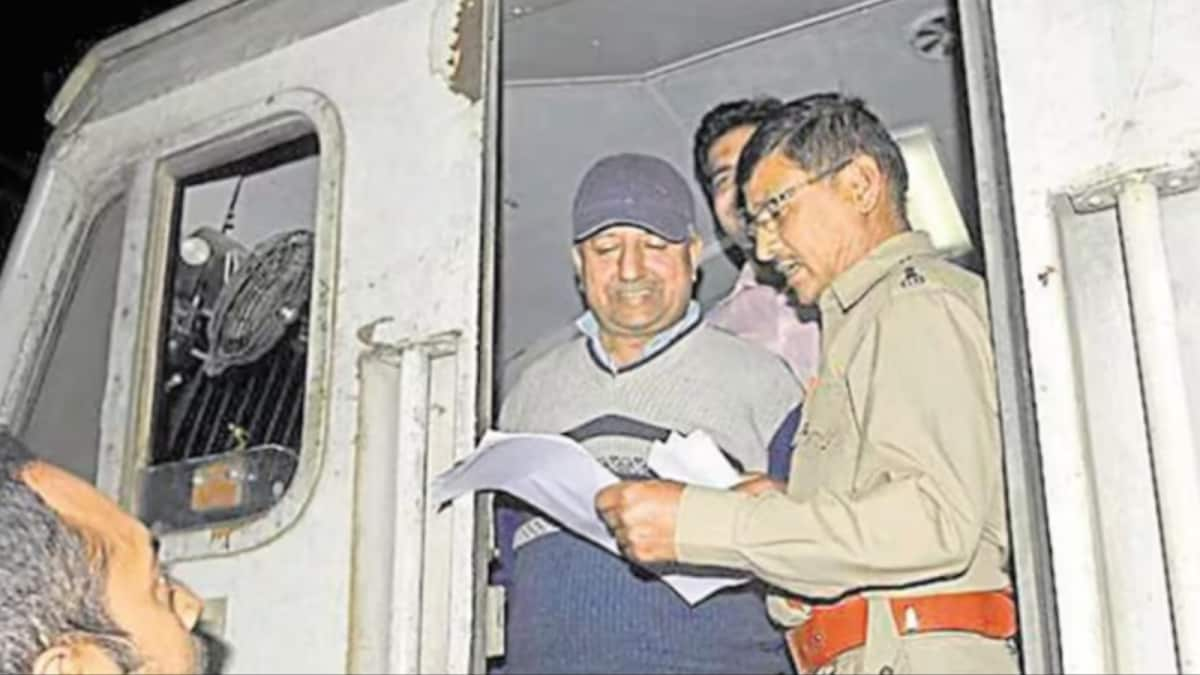ARTICLE AD BOX
Last Updated:August 14, 2025, 15:48 IST
Excessive and unregulated social media use by minors, an uptick in POCSO cases, and the persistence of child marriage have converged to push the numbers up

Activists say many teenage pregnancies can be traced back to blackmail, forced marriages, or outright sexual assault.
Karnataka is staring at an alarming crisis—a 54 per cent surge in teenage pregnancies over the past three years. State women and child development minister Laxmi Hebbalkar says the spike is driven by a toxic mix of overexposure to social media and a rise in teenage love affairs, a reality she calls “deeply disturbing and dangerous for our girls".
In the last three years, the state has reported a total of 1,799 underage pregnancies—405 cases in 2022-23, 709 in 2023-24, and 685 in 2024-25.
In a bid to protect the health, safety, and freedom of young girls, and ensure this trend begins to decline, the government will roll out the ‘Akka Force’, formally called Akka Pade, from August 15 in major cities, including Mysuru, Belagavi, and Mangaluru.
Led by women police officers and supported by NCC cadets, these patrol units will fan out near colleges, markets, and public spaces to deter predators and keep a watchful eye. Hebbalkar announced the move in the assembly while responding to Chikkanayakanahalli MLA Suresh Babu’s question on the rising numbers.
The ministry’s own study paints a grim picture. Excessive and unregulated social media use by minors, an uptick in POCSO cases, and the persistence of child marriage have converged to push the numbers up. More teenage relationships, rapid changes in family structure, and age-old customs that still promote marrying off minors in certain communities have compounded the problem.
Perhaps the darkest trend is what experts call “self-generated porn". Girls, some barely into their teens, are persuaded by boys or men to share nude photographs—only to be blackmailed and coerced into sexual acts. This is not an urban-only menace; it is entrenched in rural Karnataka too. Activists say many teenage pregnancies can be traced back to blackmail, forced marriages, or outright sexual assault. With the internet in every village and little regulation, the problem is spiralling.
“Twenty years ago, we used to blame television or cinema for such increase in sexual activities in teenagers. There was a time when print material and pornography were freely available. Now there is an explosion of videos, movies, reels and that has had a far greater impact on girls and boys, making them curious and willing to experiment. The biggest factor is the proximity and easy access to this content," says Vasudeva Sharma NV, Executive Director of the Child Rights Trust.
“You also find teenage kids becoming immune to sexual overtures openly seen in society, and they feel it is acceptable to try. Many films today portray explicit love and relationships, much more openly than before. Earlier, such material existed, but rural areas were largely insulated from it. Now, it has seeped everywhere," he adds.
“Pregnancy testing, the use of contraceptives—these have become more easily available and common, which has also led to more experimentation, and in turn, to an increase in such cases," explains the expert.
He cautions that “young girls should be equipped with life skills, including safe internet use and an understanding of the repercussions of such overexposure".
The government is not stopping at patrolling. A powerful legal weapon is on the way—the Prohibition of Child Marriage (Karnataka Amendment) Bill, 2025—and has been tabled in the current assembly session. The aim is to end child marriage at the planning or preparation stage itself. The Bill will make any attempt or preparation for a child marriage punishable with up to two years’ rigorous imprisonment or a fine of Rs 1 lakh. Even engagements involving minors will be declared null and void, closing a loophole often used by families. Judges will be empowered to issue immediate injunctions to stop such events before they happen.
Child welfare committees say child marriages tend to spike during Akshaya Tritiya and at mass-wedding events. While many are stopped before completion, some slip through—and those are the cases that often feed into the statistics on teenage pregnancies. By striking at the very beginning of the process, the government hopes the law will deter would-be offenders altogether.
To back the legal framework, Women and Child Rights Watch Committees will operate from the Gram Panchayat level all the way to the district, ensuring that no minor slips through the cracks. Hebbalkar says the fight is against both a crime and a mindset.

Rohini Swamy, Associate Editor at News18, has been a journalist for nearly two decades in the television and digital space. She covers south India for News18’s digital platform. She has previously worked with t...Read More
Rohini Swamy, Associate Editor at News18, has been a journalist for nearly two decades in the television and digital space. She covers south India for News18’s digital platform. She has previously worked with t...
Read More
- Location :
- First Published:
August 14, 2025, 15:48 IST
News india Karnataka Sees 54% Surge In Teenage Pregnancies In 3 Years, Minister Blames Social Media
Disclaimer: Comments reflect users’ views, not News18’s. Please keep discussions respectful and constructive. Abusive, defamatory, or illegal comments will be removed. News18 may disable any comment at its discretion. By posting, you agree to our Terms of Use and Privacy Policy.
Read More



.png)
.png)
.png)
















 1 day ago
6
1 day ago
6








 English (US) ·
English (US) ·